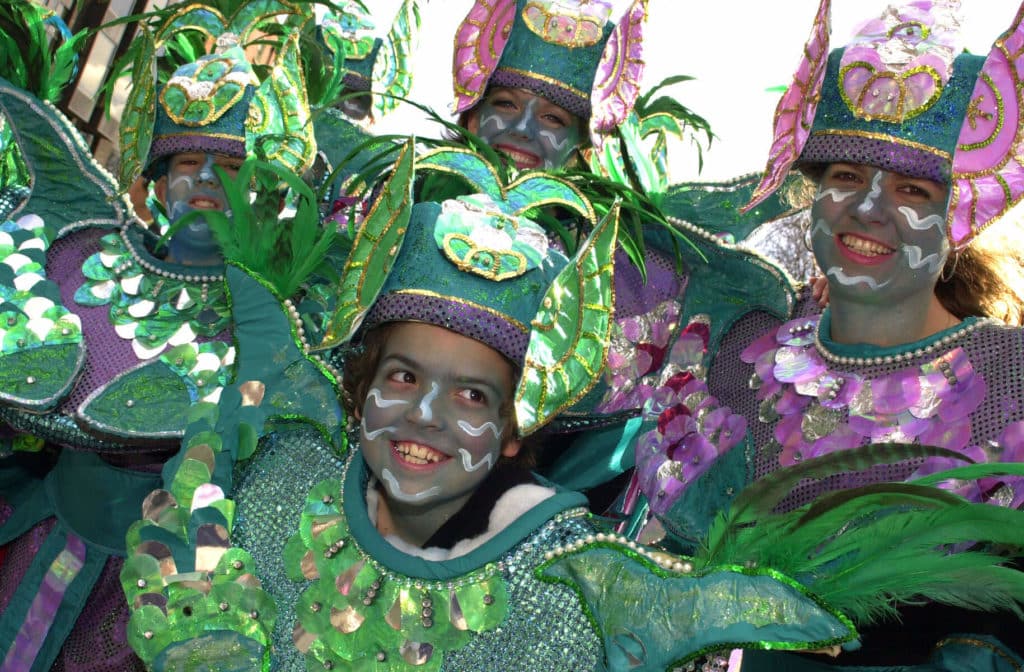The Irish Government has announced plans to remove almost all Covid-19 restrictions from Monday 28 February. All legal requirements to wear face masks will end then and will only be necessary for healthcare environments.
Final Covid-19 Restrictions Ending 28 February
For visitors to Ireland, the only Covid-19 regulation in place will be the necessity to show
- You have an EU Digital COVID Certificate that shows you are fully vaccinated
- You have an EU Digital COVID Certificate that shows you have recovered from COVID-19 in the past 180 days
- You are aged 11 or under
- You have other acceptable proof that you are fully vaccinated with an EMA approved vaccine, or that you have recovered from COVID-19 in the past 180 days
If none of the above applies to you, you must have a negative RT-PCR test taken no more than 72 hours before your arrival in Ireland.
Traveling around and enjoying Ireland will be back to normal with no requirement to show Covid-19 passports for entry to any restaurants, bars, venues, tourism outlets, shops, or other places of public gatherings – or for internal travel in the Republic of Ireland.
The wearing of masks will be a private decision and up to the individual. In some hospitality settings, the wearing of masks may continue, particularly for front-facing staff, though the decision will be a local one.
St. Patrick’s Festival Returns

The final lifting of restrictions comes in time for Ireland’s traditional start of the tourism season in March. This year the St. Patrick’s Day Festival has been extended with an extra bank holiday and will be from 17-20 March. There are a wide variety of activities planned around the country, in almost every city, town, and village. See what is on for the St. Patrick’s Festival here.



